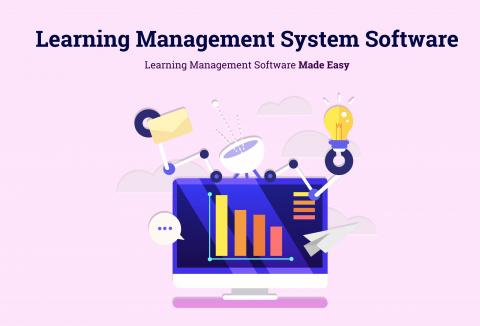Non-Traditional vs Traditional Employee Benefits
Definition:
Traditional benefits refer to benefits which are most commonly offered to employees, such as retirement plans or the provision of health care.
Non-traditional benefits are generally targeted at the personal, rather than work lives of employees, and may include childcare services, relationship counselling, or mental health care services. Offering a combination of employee benefits will increase employee retention and also promote an environment in which employees are looked after and cared for.
Part of speech:
noun
Use in a sentence:
There is a difference between non-traditional and traditional employee benefits.





